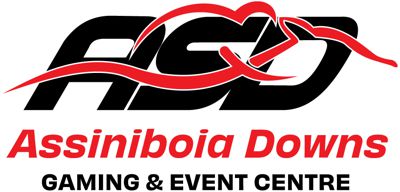By Bob Gates
And now for something completely different!
The history blog is proud to dedicate this week’s trip back in time to the publication known as the Western Thoroughbred (WT).
Try as we might, we were unable to confirm the exact years that this publication ran. Thanks to the generous contributions of Tom Morris and Norbert Keshane, copies of this statistical marvel were obtained for the years 1965 to 1972. We believe the WT probably started a couple of years prior to 1965 and are not sure if its run went beyond 1972.
Bill and Dorothy Acton of Calgary were responsible for compiling, editing and publishing of this racing package that contained everything you would want to know and then some about thoroughbred horse racing in Western Canada.
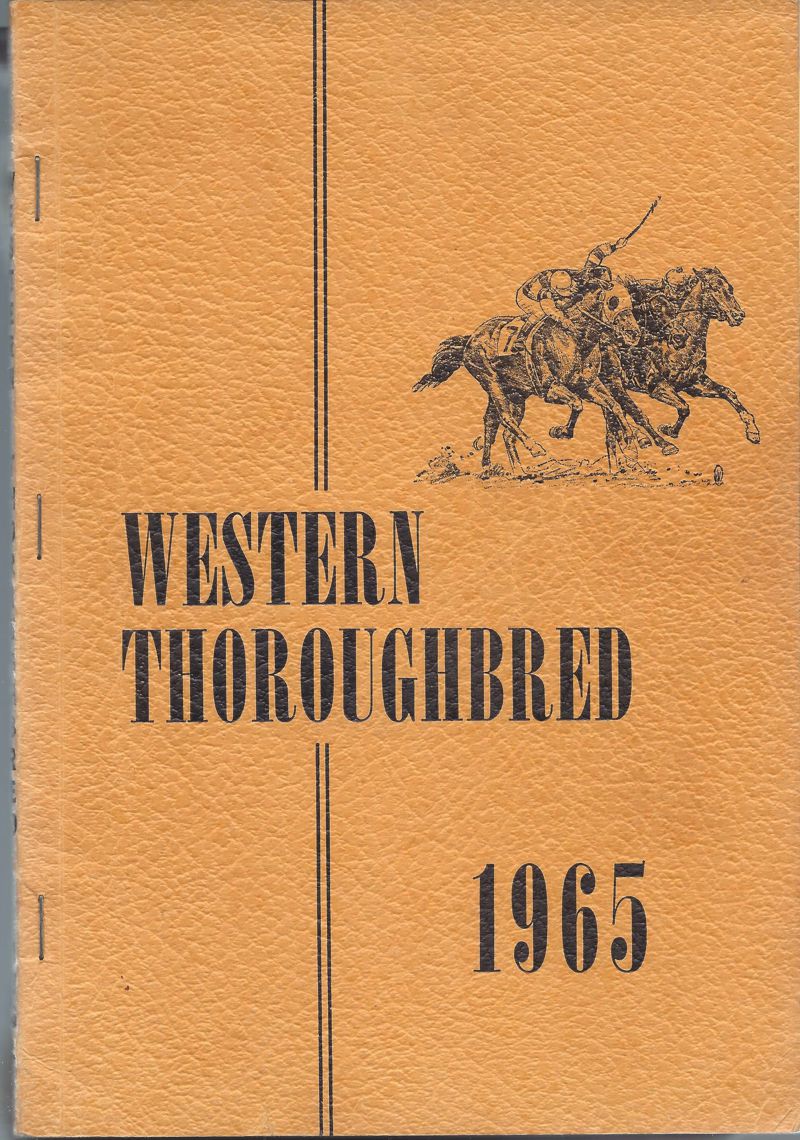
1965 Edition with 1964 Statistics
The Acton’s described the 1965 edition as:
“A complete statistical record of racing in Alberta, Saskatchewan and Manitoba in 1964; a rating of all Thoroughbreds which started on the Prairies, and other pertinent turf information.”
Each edition came with the Editor’s Note:
“A considerable number of horses, owners, trainers and jockeys recorded in Western Thoroughbred, also raced at other tracks. Race Statistics for race tracks elsewhere are not included in calculations. This information may be obtained from similar publications published by other circuits.”
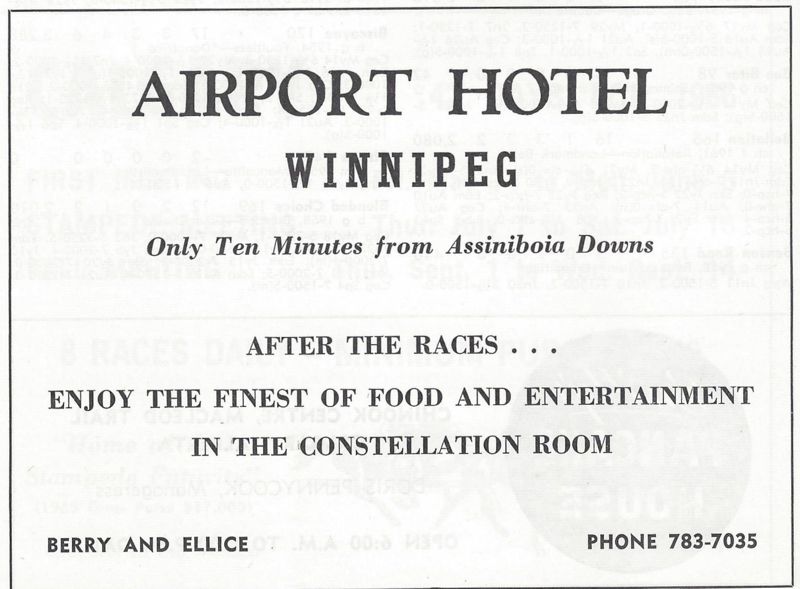
Airport Hotel 1968
The respective WTs were released at the end of the year or early in the new year and detailed the statistics for the previous racing season. The book was available for purchase at Eaton’s, Hudson’s Bay, Glow’s Pharmacy, Carlton Cigar Store and Birt Saddlery. Sprinkled throughout our story you can see a sampling of Winnipeg merchants that advertised in the WT.
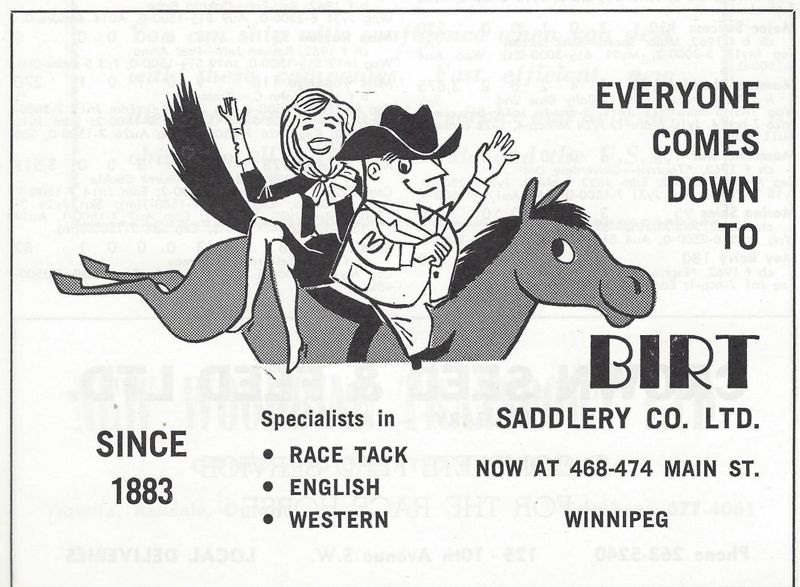
Birt Saddlery 1966
Here is a summary listing of what a reader could expect to find in the various editions of the WT:
Race Records for 2,3, 4-year-olds and up
Claims
Featured Winners
Form Charts of Principal Stakes
Leading Sires for 2, 3, 4, year-olds and up
Winning Daily Double, Exacta and Quinella Payoffs
Winning Post Positions
Track Records
Leading Jockey Stats
Leading Trainer Stats
Leading Stable Stats
Western Canada Racing Association Statistics for Edmonton, Calgary, Regina and Saskatoon, as well as Lethbridge and Assiniboia Downs.
The Western Thoroughbred wasn’t only a statistical potpourri. There were featured articles about racing heroes such as Joey, Whistling Sea, Omar’s Gift and Northern Dancer, to name only a few. It also had a host of “golden nuggets” squeezed between its covers.
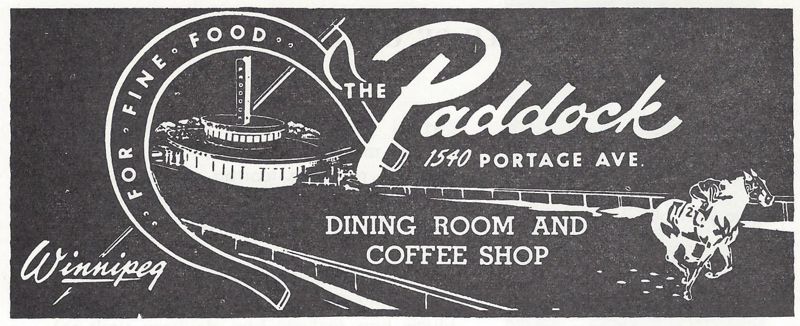
The Paddock 1966
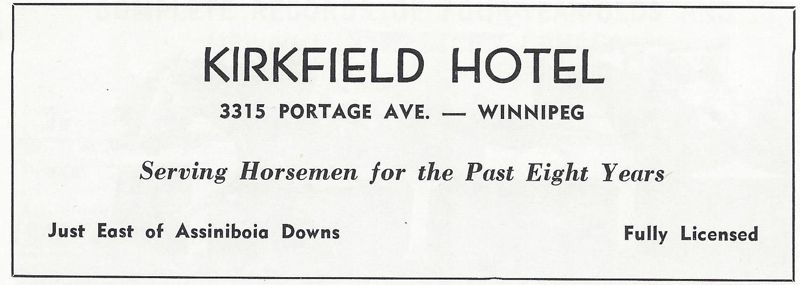
Kirkfield Hotel 1966
Here is a selection of the kind of information you couldn’t find anywhere else, not even if you knew what you were looking for:
“The record for the most races won, and perhaps for consistency, belongs to Kingston, a brown horse by Spendthrift, foaled in 1884. In eight seasons he started 138 times, won 89 races, was 34 times second and 11 times third. Only four times out of the money, he earned $138,917.” ~ WT 1965.
“Eddie Arcaro rode his first winner in 1932, the year Bill Hartack was born.” ~ WT 1965.
“Wishing Ring, a brown filly established the record straight payoff in North America at Latonia, Kentucky, on June 17, 1912, when she paid $1,885.50 for $2.” ~ WT 1965
“The late Col. Matt J. Winn introduced the $2.00 unit of betting as the standard at Churchill Downs in 1911. Prior to that, the standard betting unit had been $5.00. Today every race track in North America posts the payoff on the basis of a $2.00 wager.” ~ WT 1965
“The photo-finish camera, generally considered a modern gadget in racing, was devised and first operated by John C. Hemment, early horse-photographer, who mounted a camera atop the judges’ stand at Sheepshead Bay in 1890.” ~ WT 1965
“According to The Year Book of Canadian Thoroughbreds, Shot One must be ranked as the ‘Iron’ horse of the Dominion. Bred by Conn Smythe and foaled in 1941, Shot One raced until 1955 and had a record of 362 starts, 65 victories, 65 seconds and 68 thirds to earn $29,982.” ~ WT 1965
“Did you know? Racing has a jockey named Robert Louis Stevenson and a trainer named Charles Dickens.” ~ WT 1966
“One jockey should have known better when he took the mount on a horse named Flipaway. The horse lived up to its name and the jock found himself watching the race from a horizontal position on the ground a few feet in front of the starting gate.” ~ WT 1967
“At Arlington Park, a horse ran away, after his saddle slipped in the post parade. After crashing through the temporary fence into the backside chute, all the money on the horse was refunded – the name of the horse was REFUNDED.” ~ WT 1967
“Oddly enough horses by the same sire but out of different mares are not, technically, half brothers (or sisters) – this term of relationship is reserved for horses out of the same dam.” ~ WT 1968
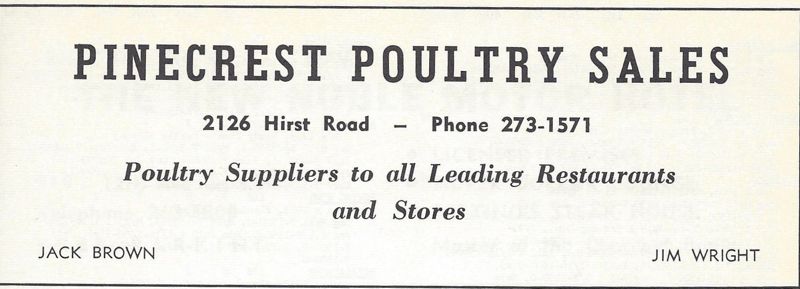
Pinecrest Poultry Sales – 1969 Future Downs owner James Wright’s company
“With the proliferation of Thoroughbred racing in recent years, it is fortunate for the remaining whales that fiberglass was invented. For years the backbone of a jockey’s whip was whalebone. Steel was tried but had a tendency to bend and set. Today they are made of fiberglass. Paddock Pete just dropped by and commented he was surprised about the whales, he didn’t know they used whalebone, he heard they used electric eels.” ~ WT 1970
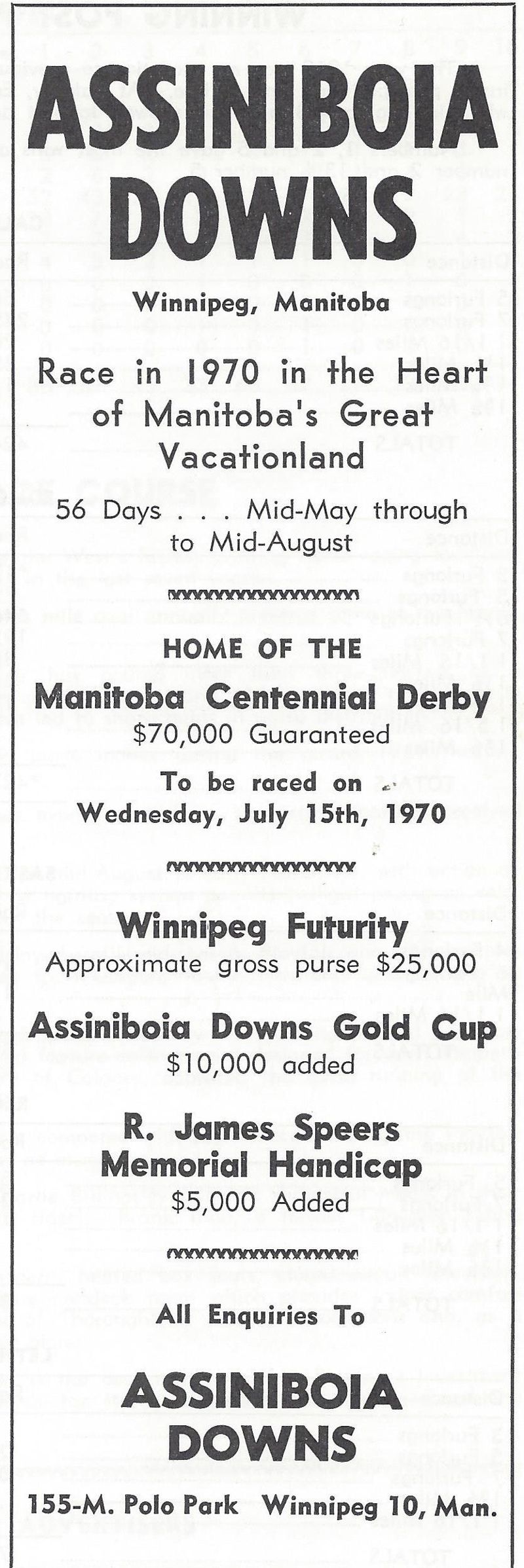
Assiniboia Downs 1970 Promotes the Centennial Derby
“Last Post – We mourn the passing of: On the 8th of February, 1971, racetrackers lost one of the most knowledgeable racing writers and reporters in Canada, when Denny Layzell passed away at the age of 55 from a heart attack. Denny’s greatest love was the little horse ‘Joey’ whom he nicknamed ‘The Toytown Express,’ well-remembered by the oldtimers, for his phenomenal success on the track.
Denny wrote a poem in memory of the skinny, little black gelding, sired by an undistinguished sire Dr. Joe and his dam, a crippled Thoroughbred mare named Aileen Hoey, who had been reduced to pulling a buggy. The final two lines of Denny’s poem, strangely enough, provide a fitting epitaph for Denny Layzell:
No fly-by-night ace: neither flashy nor showy;
Just honest, consistent and tireless, that’s Joey.
My friend Denny didn’t set the world afire, but he was a kind, decent human being; a Thoroughbred.” ~ WT 1972
This brings us to the end of our Western Thoroughbred time capsule. We will return to our more usual fare from our horse racing archives, but thought this brief departure would be of interest…
And we will leave the world of “Nudge, Nudge, Wink, Wink,” to the Monty Python’s Flying Circus folks.
